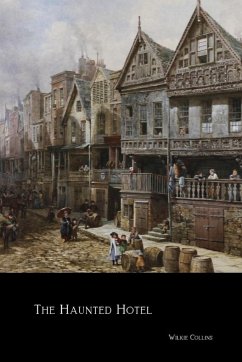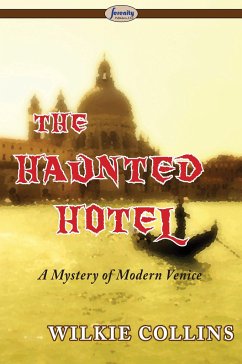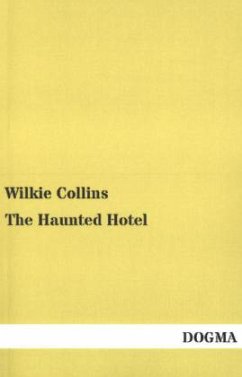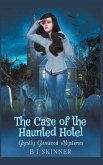From the author of The Moonstone and The Woman in White comes another gripping Victorian sensation novel. A sinister Countess is driven mad by a dark secret. An innocent woman is made the instrument of retribution. A murdered man's fury reaches beyond the grave. When Countess Narona marries Agnes Lockwood's fiancé and takes him to live in a rundown Venetian palace, strange things start happening, a servant mysteriously vanishes, and the husband dies a recluse. But the dead won't rest. When the palace is transformed into a hotel the two women are drawn to its chambers, where a force stronger than death is waiting to wreak its vengeance ...
Hinweis: Dieser Artikel kann nur an eine deutsche Lieferadresse ausgeliefert werden.
Hinweis: Dieser Artikel kann nur an eine deutsche Lieferadresse ausgeliefert werden.








